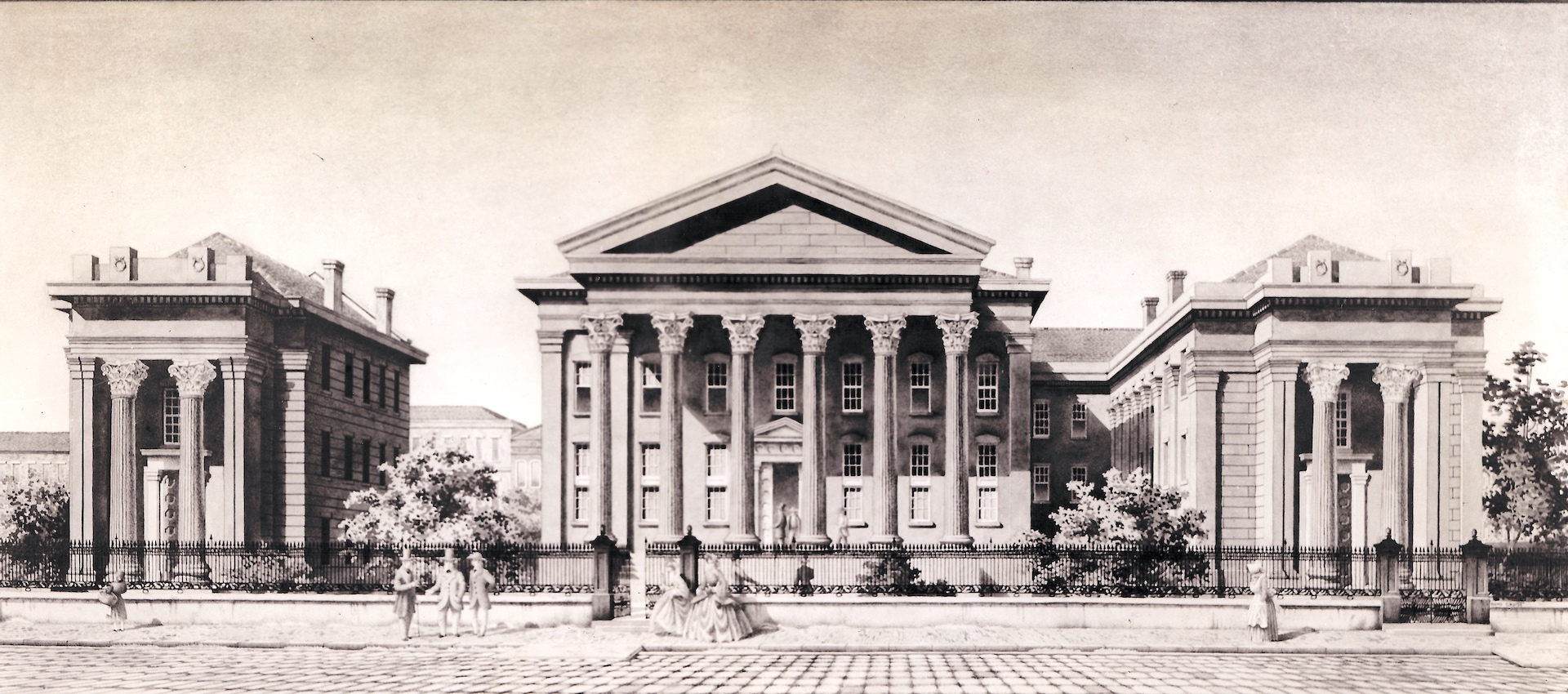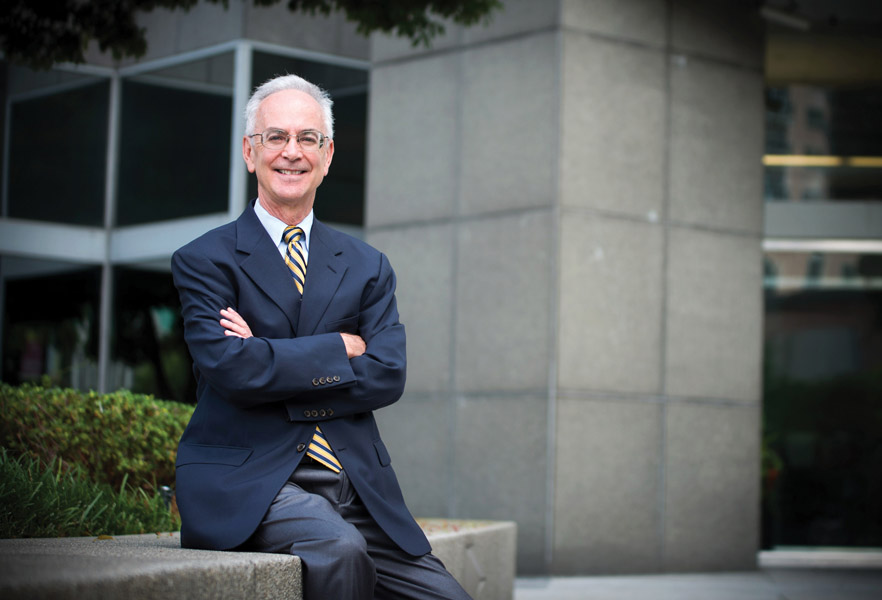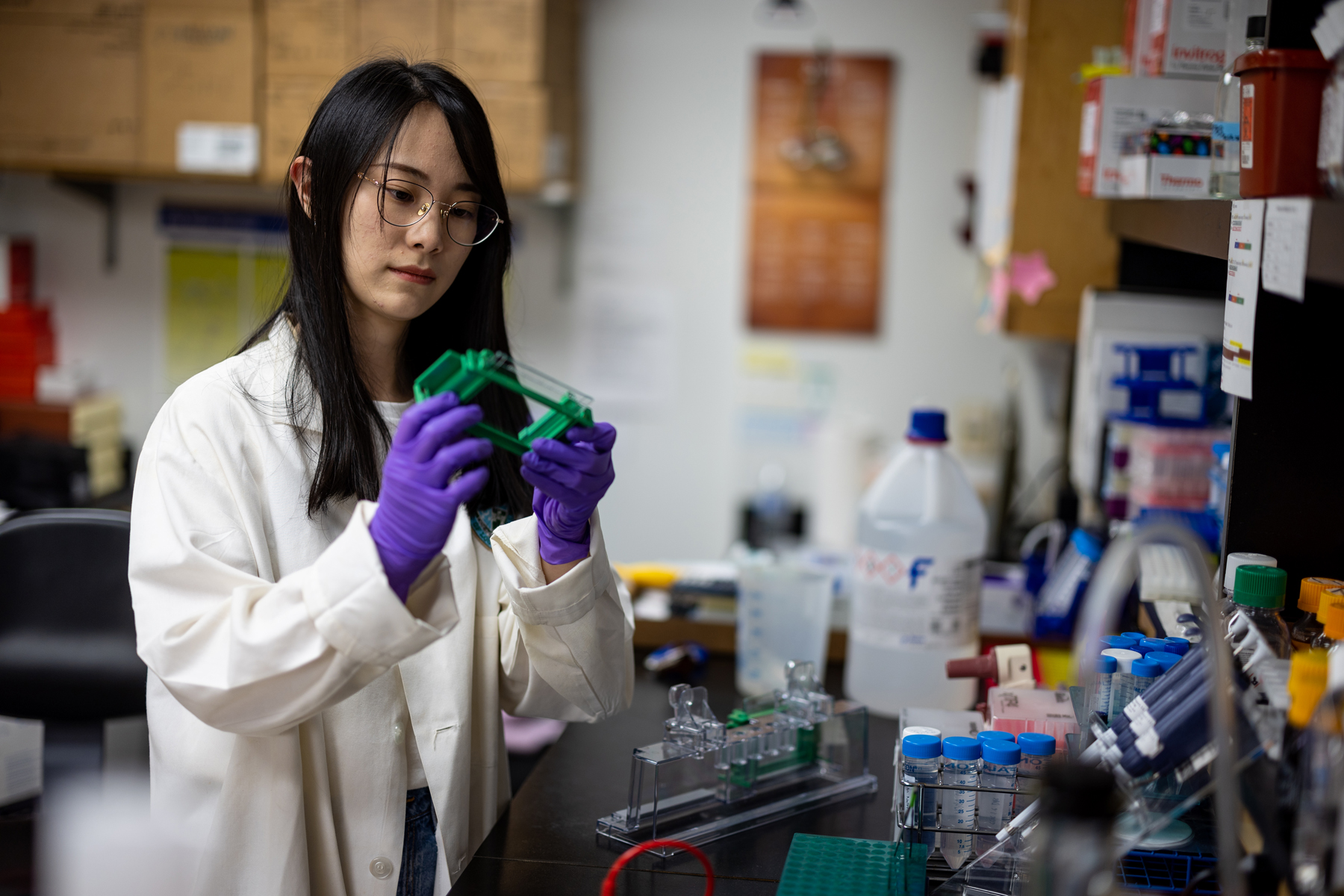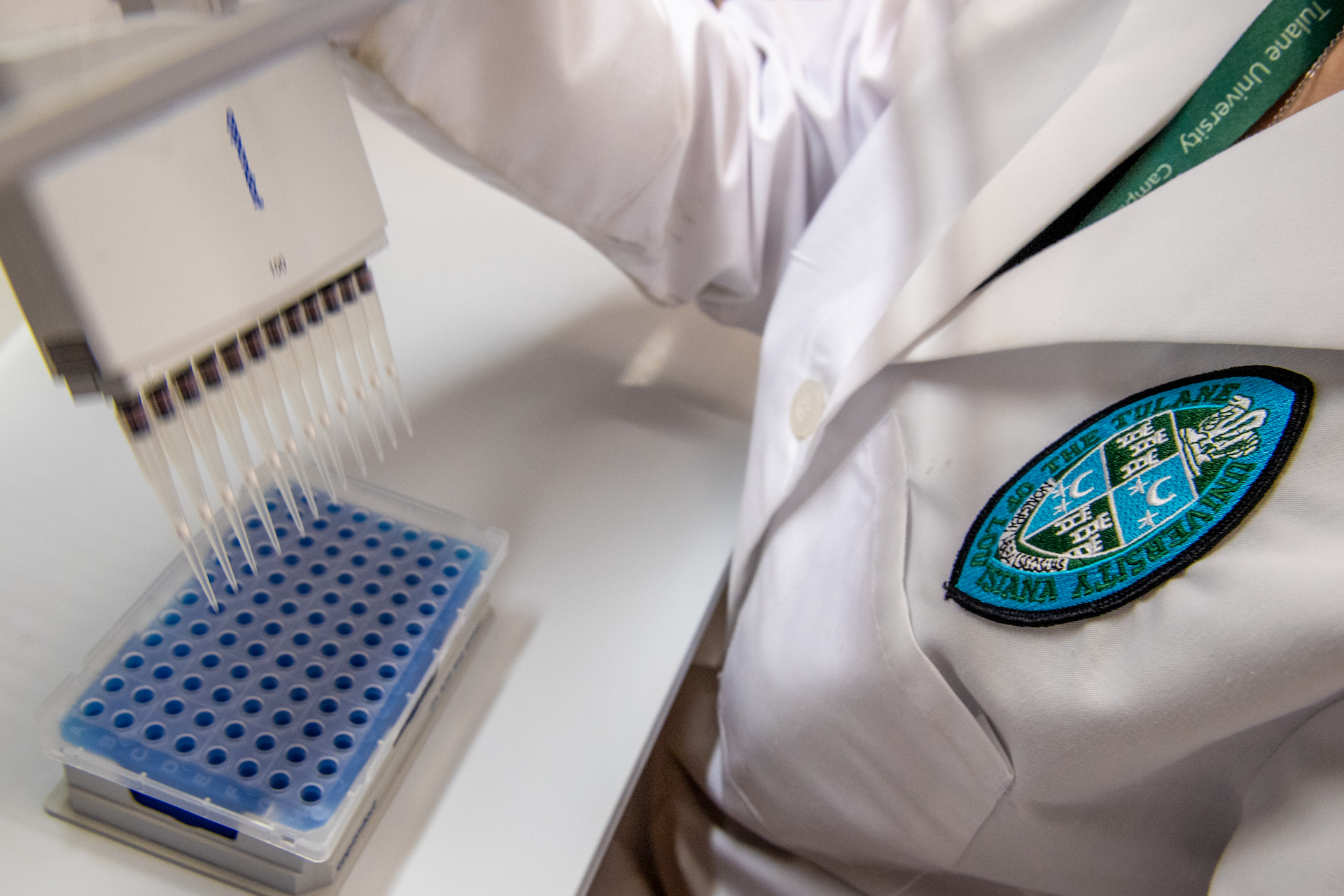About Us

Nearly Two Centuries of Medical Leadership
Founded nearly 200 years ago by physicians responding to a yellow fever epidemic, Tulane University School of Medicine remains deeply committed to education, research, clinical excellence, and community care. As one of the nation’s oldest and most prestigious medical schools, Tulane leads groundbreaking work in infectious diseases, cardiovascular health, cancer, and neuroscience and continues to shape the future of medicine both locally and globally.
Degree Programs
Education is more than a tradition—it’s a commitment to shaping the future of health and healing. Our degree programs prepare students to meet the evolving needs of communities locally and globally through:
- Traditional MD programs with a strong foundation in clinical excellence and community impact
- Dual-degree options including:
- MD/MPH – for those interested in public health leadership
- MD/MBA – blending medicine with business and healthcare management
- MD/MS in Bioethics and Medical Humanities – integrating ethics and humanism into clinical care
- Specialized Master’s programs in fields such as Anatomy, Pharmacology, Clinical Research, and Biomedical Informatics
- PhD programs in areas like Aging Studies and Molecular Pathobiology
- Graduate certificates in Clinical Research, Ethics, and Sports Medicine

Research
Tulane School of Medicine is at the forefront of biomedical discovery, with faculty leading innovative research across a wide range of disciplines—from cancer biology and cardiovascular disease to neuroscience and women's health. Our investigators are unlocking the mechanisms of aging, advancing vaccine development, and exploring regenerative medicine using stem cell technologies. Tulane researchers are also tackling some of the most pressing global health challenges, including diabetes, infection and inflammation, and pulmonary disease.
Supported by robust research funding and state-of-the-art facilities, our teams collaborate across specialties such as bioinformatics, environmental sciences, molecular genetics, and drug delivery to accelerate progress from the lab to real-world impact. Explore our research areas and meet the faculty driving breakthroughs in human health.

Why Tulane Medicine?
At Tulane School of Medicine, we don’t just imagine a healthier future—we work every day to create it. We’ve always believed medicine should serve both discovery and community. Whether it’s pioneering research in infectious diseases, delivering compassionate care in our clinics, or training future physicians to lead with purpose, we’re committed to making bold progress.
Mission
To improve human health and foster healthy communities by discovering and translating the best science into clinical practice and education, delivering the highest quality patient care, and preparing the next generation of distinguished clinical and scientific leaders.
Vision
To be a distinctive, preeminent research-intensive medical school, transforming health through discovery, lifelong learning, and patient-centered health care.
Our History

New Orleans, located in a subtropical climate and with one of the busiest international ports in the world, was vulnerable to all types of virulent infectious diseases in 1834. When the Medical College of Louisiana published its prospectus that same year, key among its objectives was "to lead the advancement of science and the rational treatment of disease."




